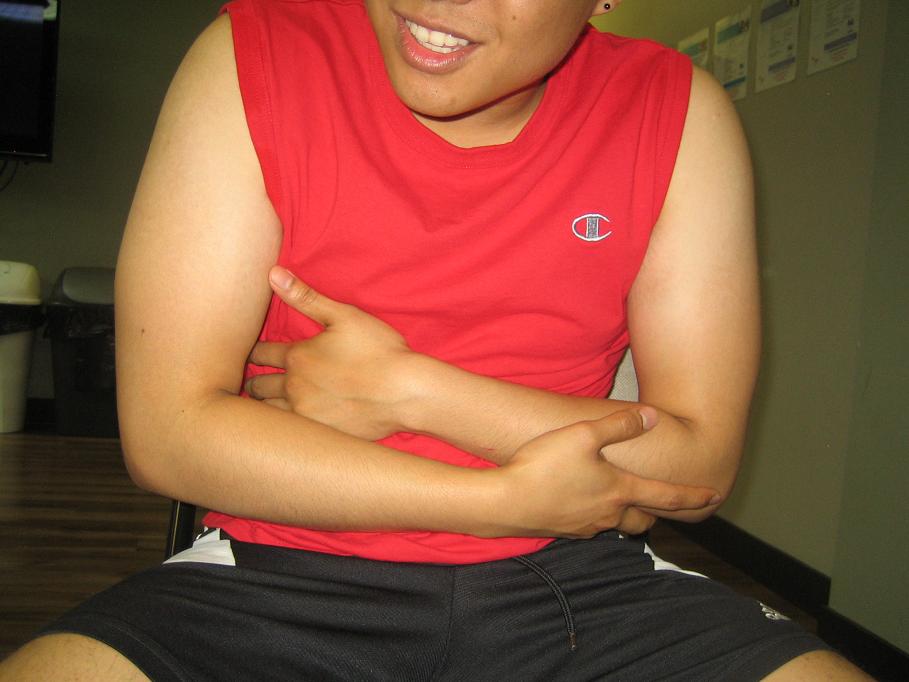Appendicitis involves inflammation of the appendix. The appendix is a small-sized, tubular structure positioned in the area where the small and large intestine connect. Always bear in mind that the appendix has no known function. It is still not known why the appendix becomes swollen in some individuals. Nevertheless, once the appendix becomes inflamed, it requires immediate medical care.
Who are at risk?
Always bear in mind that appendicitis is the typical reason for abdominal surgery in children. Some children below 14 years old will undergo a surgical procedure known as appendectomy to take out the appendix.
Appendicitis is uncommon among children below 2 years old and mostly occurs among those between ages 15-30 years old. In addition, this is quite common among males than females.

Signs and symptoms of appendicitis
- Nausea and vomiting
- Pain when the lower right side of the abdomen is touched
- Abdominal pain or tenderness usually in the middle of the abdomen, right above the belly button that shifts to the lower right side. The pain intensifies during movement, while taking deep breaths, sneezing or coughing.
- Inability to pass out gas
- Low grade fever, usually below 100 degrees
- Diarrhea or constipation
- Diminished appetite
- Abdominal swelling
Always bear in mind that not all cases have all the symptoms. If an individual has symptoms of appendicitis, it is vital not to provide the individual with laxatives or enema to alleviate constipation. Remember that these medications can cause the appendix to rupture.
Be careful when using pain medications since they only mask the symptoms that the doctor needs to know about in order to diagnose the condition properly.
Diagnosis
Appendicitis is diagnosed based on the symptoms, physical assessment, blood tests and a urine test to dismiss possible urinary tract infection. A chest X-ray might be required in some cases since pneumonia in the inferior right lung usually triggers pain comparable to appendicitis. In addition, ultrasound is performed to determine if the appendix appears swollen.
Treatment
Once an individual is diagnosed with appendicitis, the doctor will determine whether to hospitalize for further monitoring or send the individual home.
Hospitalization
The individual is under observation for 12-24 hours to determine if surgery is needed. Once the symptoms are severe, the appendix might be removed right away with appendectomy.
Appendectomy is usually carried out as a laparoscopic or less invasive procedure. During the surgery, 4-6 small-sized incisions are created in the abdomen. The laparoscope and instruments are introduced via these incisions. The laparoscope transmits a picture of the internal organs on a monitor. The advantages of this procedure include the smaller incisions, minimal risk for infection, less scarring and pain and faster recovery.
For an infected appendix, it requires immediate removal before it ruptures. Once it ruptures, the infection can spread to the abdomen which results to peritonitis. In some cases, it can also cause an abscess close to the area where the appendix ruptured.
Home treatment
- Avoid using any pain medications since it masks the pain. This makes it difficult to know if the pain is getting better or worse.
- Avoid using laxatives or enema since they increase the risk for a rupture.
- Avoid antibiotics unless given by the doctor.
- Monitor the temperature every 2 hours. The record of the temperature must be shown to the doctor.
- If there are any changes in the condition in the next 6-12 hours, consult a doctor.
- A urine sample is required when the individual returns in 24 hours for a follow-up exam.

